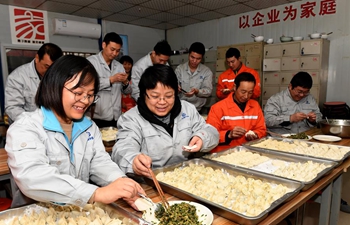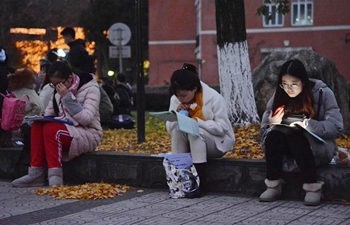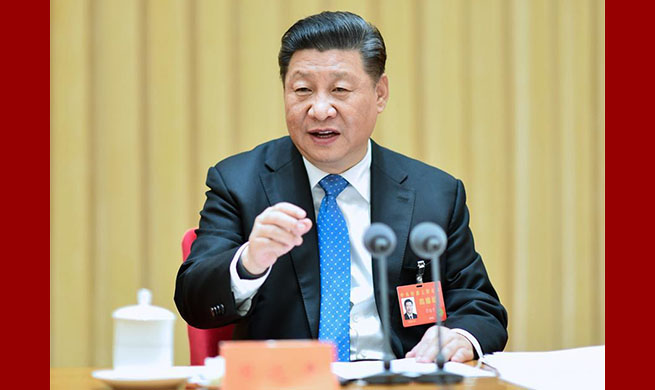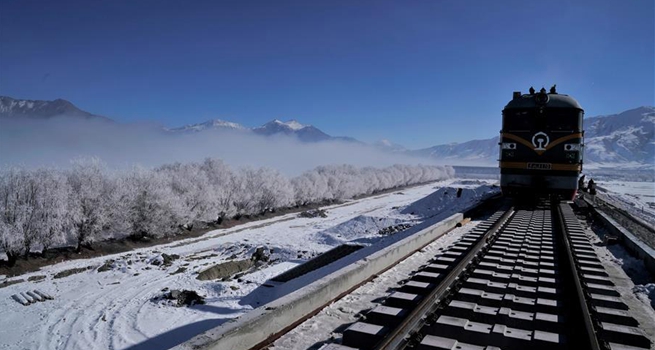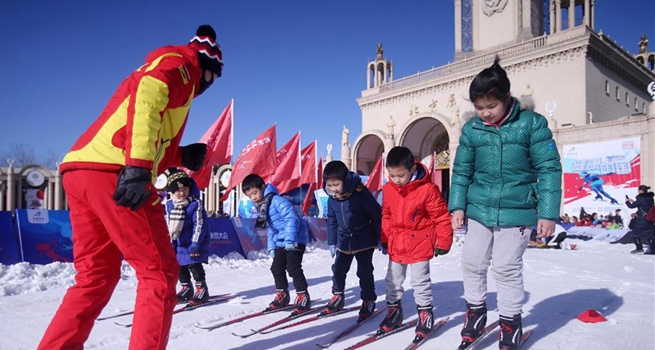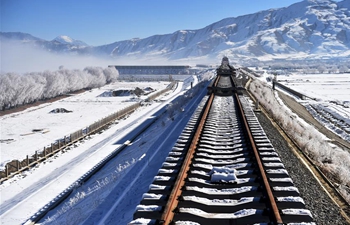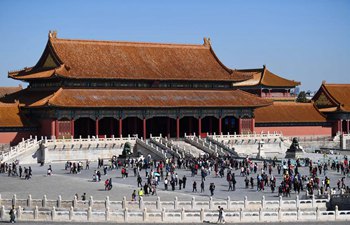VIENTIANE, Dec. 24 (Xinhua) -- Laos has not fully benefited from the recent regional economic integration as its share of trade with ASEAN nations has declined, according to the National Institute for Economic Research (NIER), a Lao think tank.
The nation's share of trade with other ASEAN members declined from 74 percent in 2004-2010 to 63 percent in 2011-2017, while the share of exports to ASEAN states out of total exports dropped from 73 percent in 2004-2010 to 51 percent in 2011-2017.
Similarly, the share of Foreign Direct Investment (FDI) from ASEAN states declined from 41 percent in 2010 to 10 percent in 2017, NIER noted.
Against this background, the study by the NIER aimed to assess the impact of the ASEAN Economic Community (AEC) on trade and FDI for Laos by measuring their performance, effects of the AEC and selected factors, local daily Vientiane Times quoted an official from the institute as saying at the Lao Research Forum held in Lao capital Vientiane last week.
Laos became a member of ASEAN in 1997, marking a major milestone in the country's integration with the regional economy. Since then, Laos has actively participated in the ASEAN community-building process, said the report.
Generally speaking, economic integration may boost trade volume and FDI flows among regional trade agreement members due to the reduction or removal of barriers to trade and investment.
The ASEAN Economic Community (AEC), one of the three pillars of the ASEAN community, was established in 2015. The AEC Blueprint 2015 was adopted in 2007 with the aim to establish the bloc as a single market and production base with free movement of goods, services, investment and skilled labour, and the free flow of capital.
Laos' trade with ASEAN, as well as its exports to the grouping, has increased significantly due to an increase in demand. However, the share of trade among ASEAN and share of exports to other ASEAN members have declined. This indicates that Laos' products are not penetrating the ASEAN market, said the report.
The nation's main challenges in regional economic integration are trade facilitation, investment, the climate for doing business, and least developed country graduation.
The way forward should include enhanced domestic reforms, especially for regulatory and institutional frameworks, further support for capacity-building, and improved quality of hard and soft infrastructure, said the report.



